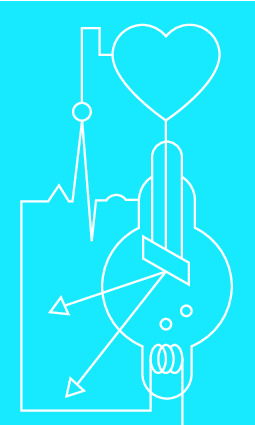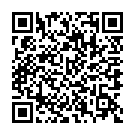|
|
|
| Module code: BMT2640.IELTS |
|
|
2VU (2 hours per week) |
|
2 |
| Semester: 6 |
| Mandatory course: no |
Language of instruction:
German |
Assessment:
Written exam (75%), oral examination (25%)
[updated 05.10.2020]
|
BMT2640.IELTS (P213-0041) Biomedical Engineering, Bachelor, ASPO 01.10.2018
, semester 6, optional course
BMT2640.IELTS (P213-0041) Biomedical Engineering, Bachelor, SO 01.10.2025
, semester 6, optional course
KIB-IEL Computer Science and Communication Systems, Bachelor, ASPO 01.10.2021
, semester 6, optional course, non-technical
KIB-IEL Computer Science and Communication Systems, Bachelor, ASPO 01.10.2022
, semester 6, optional course, non-technical
MAB_19_2.1.2.24 (P213-0041) Mechanical and Process Engineering, Bachelor, ASPO 01.10.2019
, optional course, general subject
MST.IEL (P200-0023, P213-0041, P231-0133) Mechatronics and Sensor Technology, Bachelor, ASPO 01.10.2012
, semester 6, optional course
MST.IEL (P200-0023, P213-0041, P231-0133) Mechatronics and Sensor Technology, Bachelor, ASPO 01.10.2019
, semester 6, optional course
MST.IEL (P200-0023, P213-0041, P231-0133) Mechatronics and Sensor Technology, Bachelor, ASPO 01.10.2020
, semester 6, optional course
PIB-IEL Applied Informatics, Bachelor, ASPO 01.10.2022
, semester 6, optional course, not informatics specific
PIB-IEL Applied Informatics, Bachelor, SO 01.10.2026
, semester 6, optional course, not informatics specific
|
30 class hours (= 22.5 clock hours) over a 15-week period.
The total student study time is 60 hours (equivalent to 2 ECTS credits).
There are therefore 37.5 hours available for class preparation and follow-up work and exam preparation.
|
Recommended prerequisites (modules):
None.
|
Recommended as prerequisite for:
|
Module coordinator:
Dr. Julia Frisch |
Lecturer: Dr. Julia Frisch
[updated 29.11.2024]
|
Learning outcomes:
Note:
The module is geared towards Bachelor and Master students in engineering who require the language test IELTS (International English Testing System), Volume 6.5, for admission to a Master´s program or as part of an application for a stay abroad and wish to prepare for it.
The module ends with an examination based on the format of the IELTS test. The examination consists of a written part (75%) on listening comprehension, reading comprehension and writing and an oral exam (25%). Each part must be passed with at least 40%.
The actual IELTS test must be taken at a certified IELTS test center
About this module:
Students will become familiar with the format, structure (reading, listening, writing and speaking) and the various types of exercises that are part of the IELTS test. In addition, they will learn to effectively apply their foreign language skills, as well as the test strategies they have earned to solving the tasks set in the examination.
[updated 05.10.2020]
|
Module content:
_ Structure and parts of the Academic IELTS test
_ Listening comprehension und listening comprehension strategies
_ Exercises on reading comprehension and reading comprehension strategies (scanning, skimming, reading for gist)
_ Writing exercises (writing short argumentative essays)
_ Writing exercises for describing graphics and trends
_ Structuring texts (coherence and cohesion)
_ Oral exercises to help students learn to present arguments logically
_ General vocabulary and grammar exercises
[updated 05.10.2020]
|
Teaching methods/Media:
The learning goals will be achieved through integrated training of the four basic skills (listening comprehension, reading comprehension, speaking and writing) supported by the use of multimedia. Communicative competence training will take place within the framework of learner-centred lessons in the multimedia computer language laboratory.
[updated 05.10.2020]
|
Recommended or required reading:
The course is based on the following textbook:
Cullen, Pauline, French, Amanda, Jakeman, Vanessa. The Official Cambridge Guide to IELTS. For Academic and General Training (with DVD and answer key). Cambridge University Press, 2014.
Other recommended learning materials: IELTS. Official IELTS Practice Materials 2. (incl. DVD). UCLES, 2010. Jakeman, Vanessa and Mc Dowell, Clare. Action Plan for IELTS (with Audio CD). Academic Module. Cambridge University Press, 2013.
[updated 05.10.2020]
|


